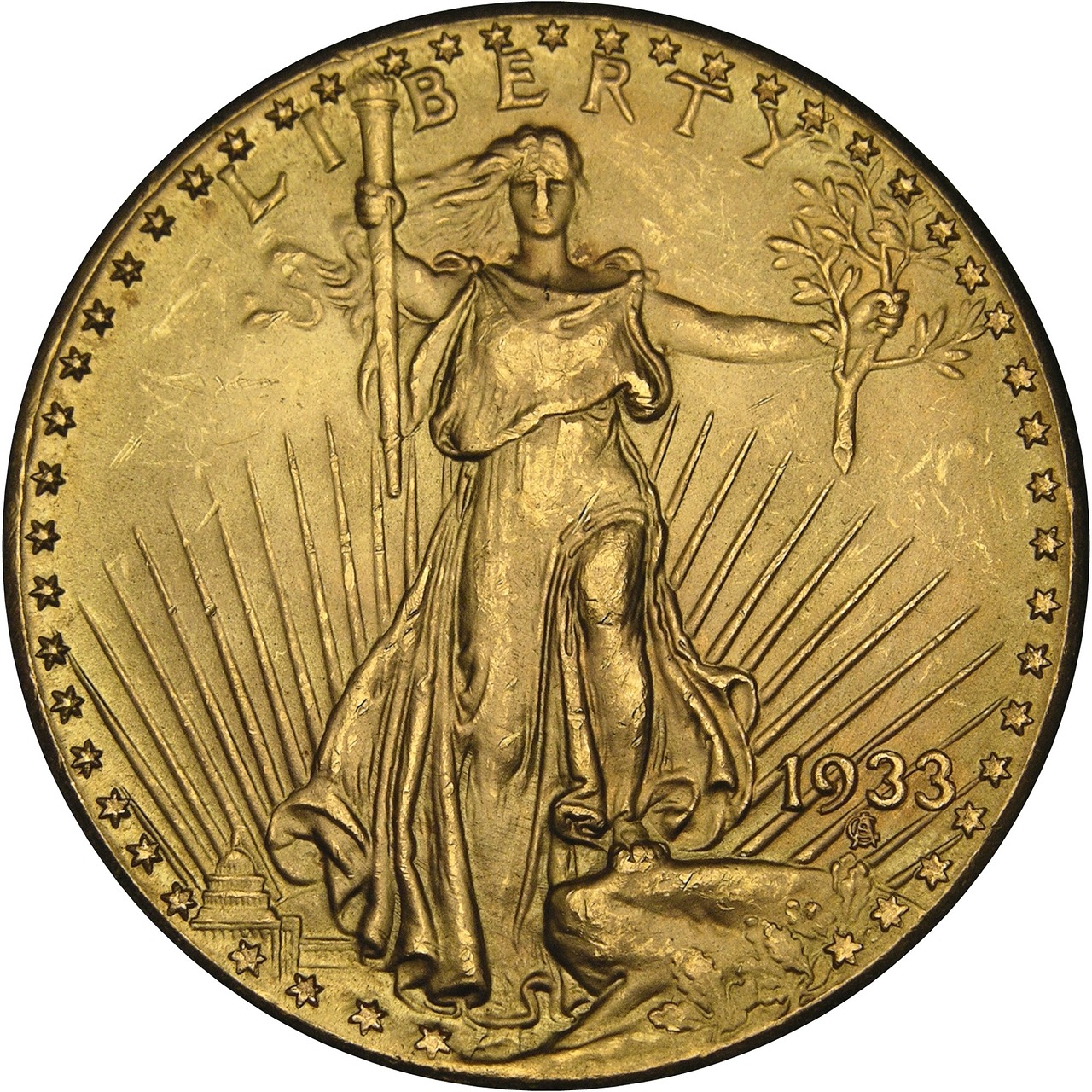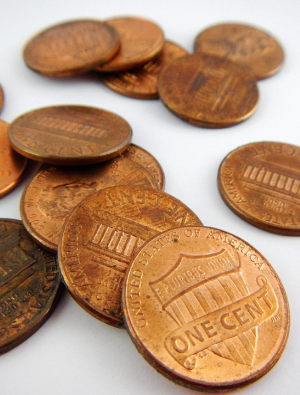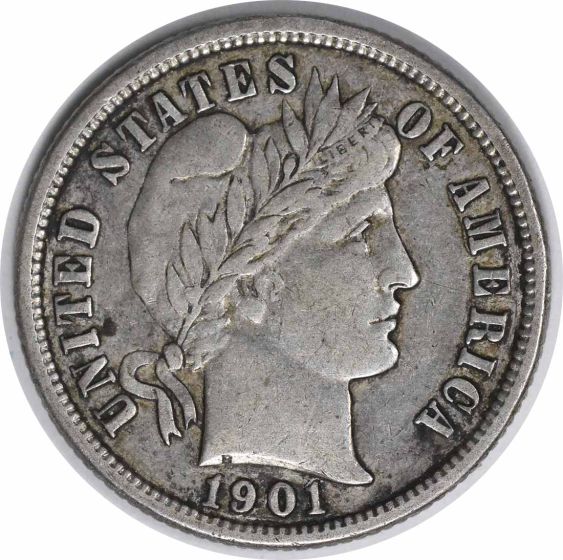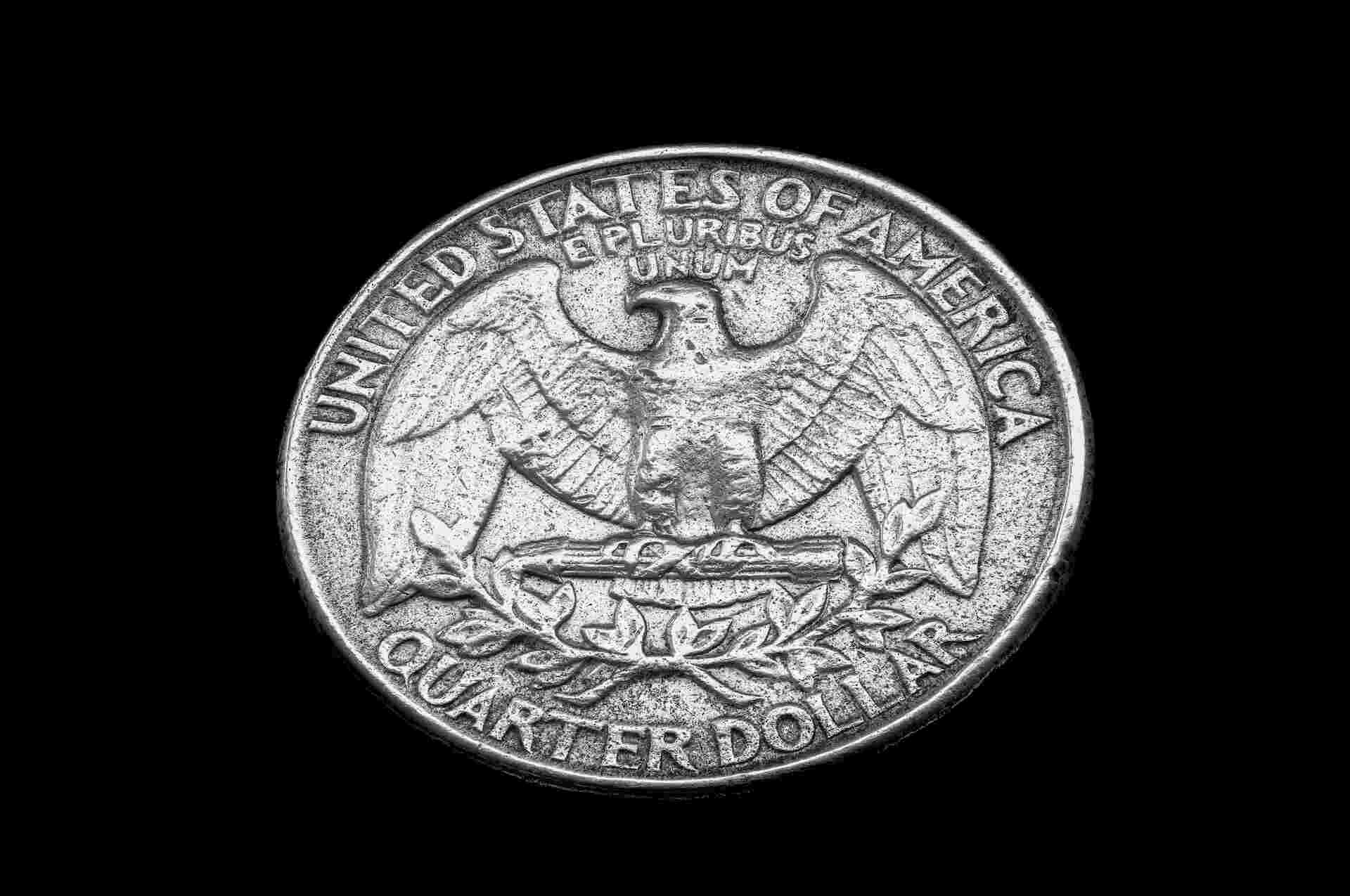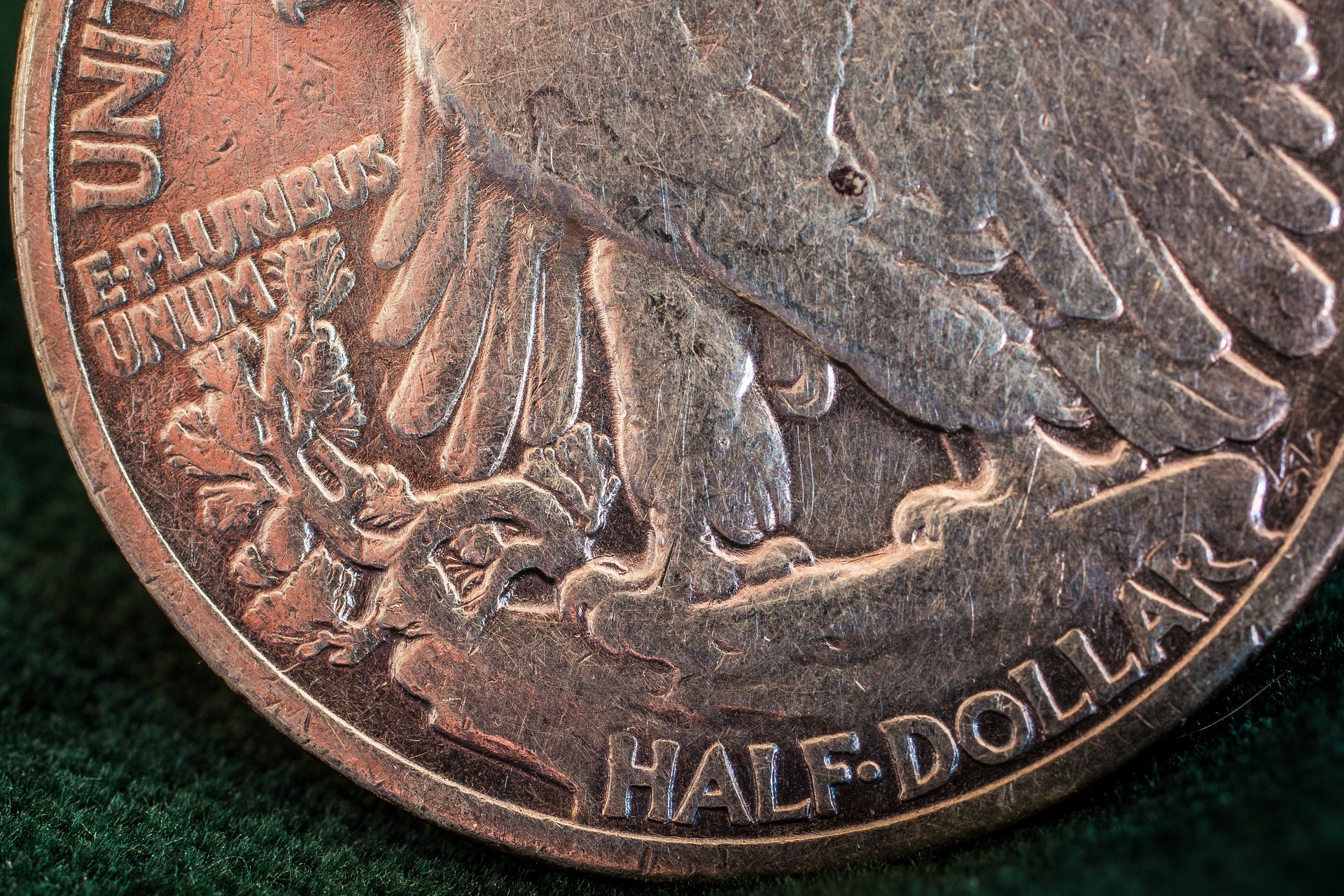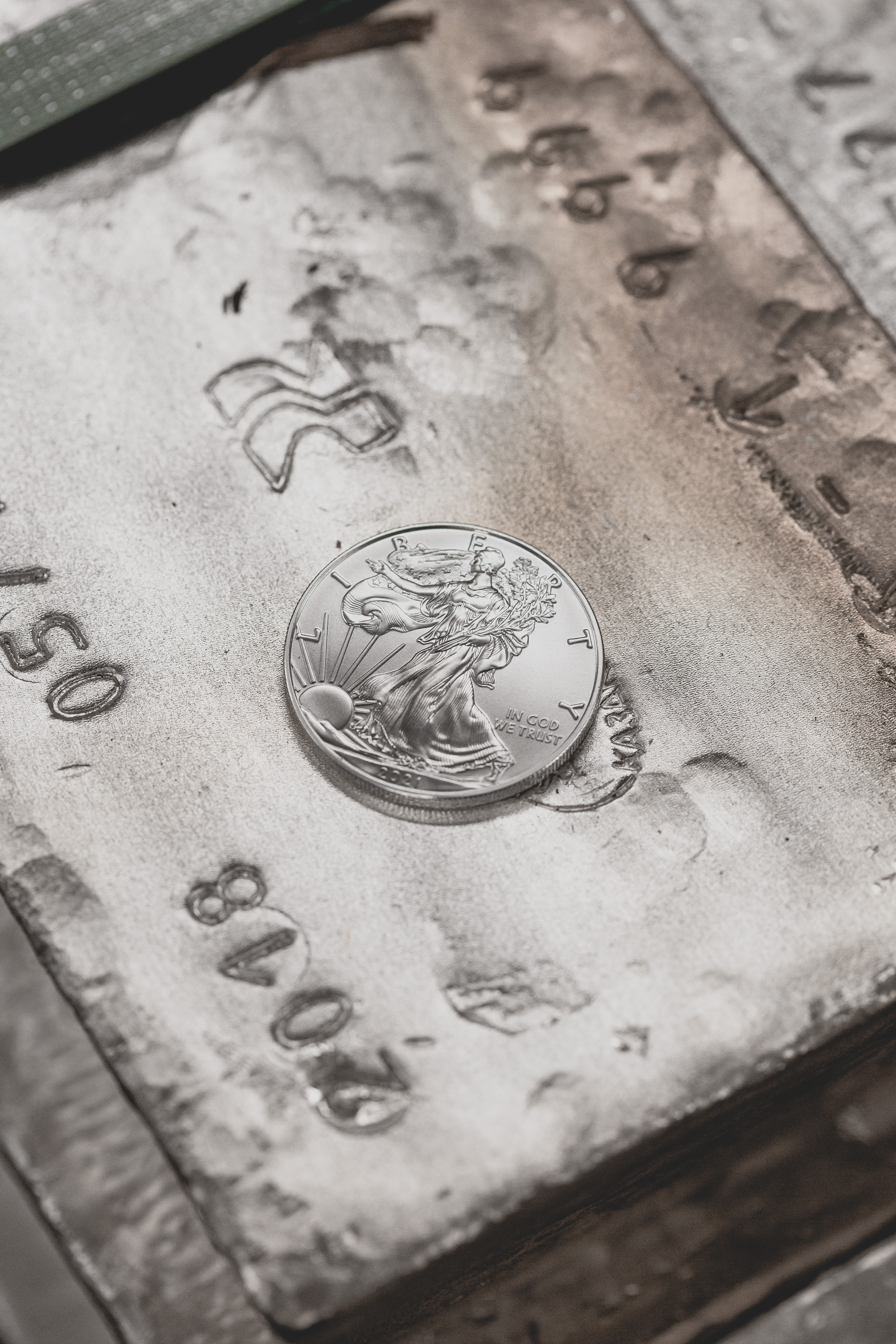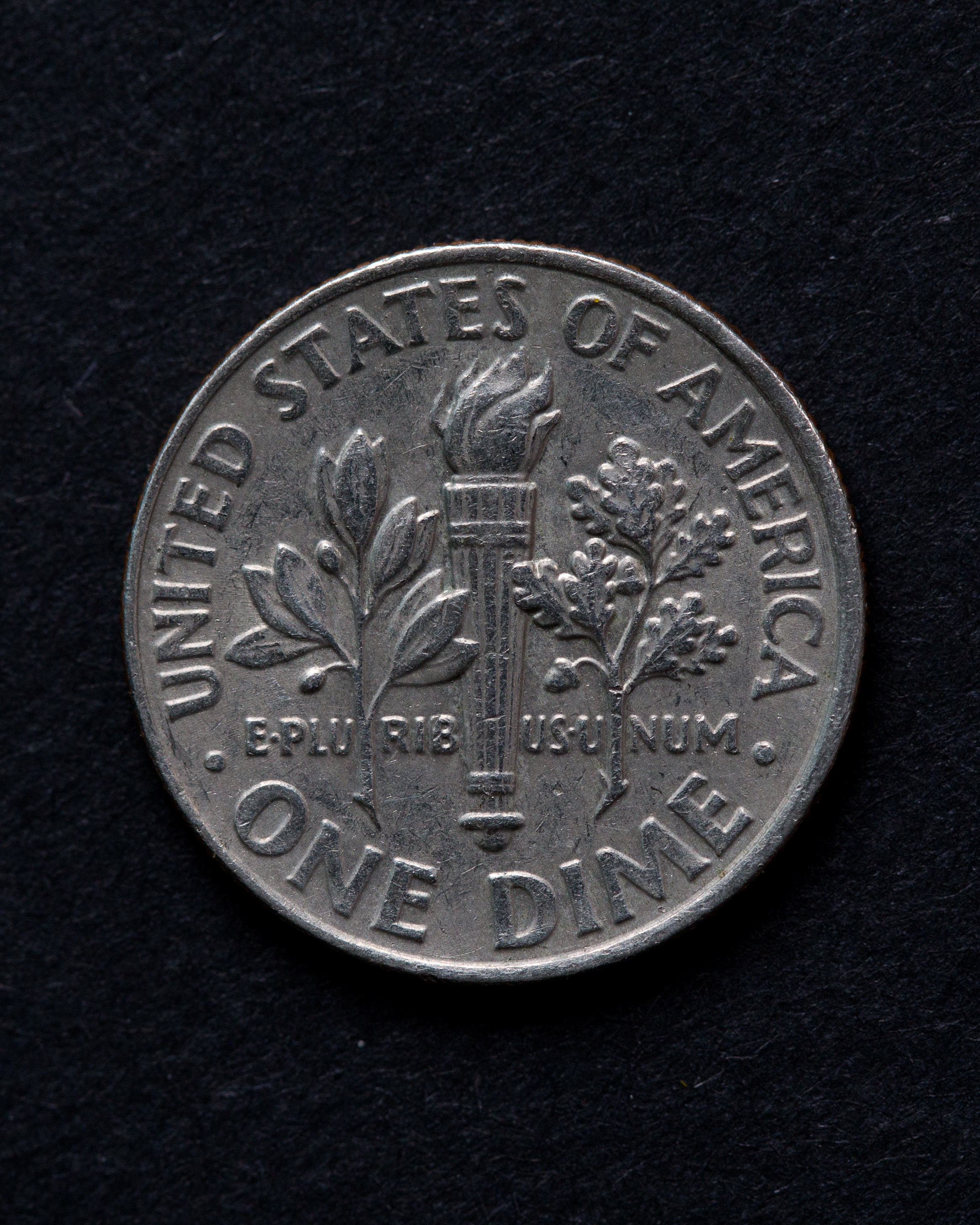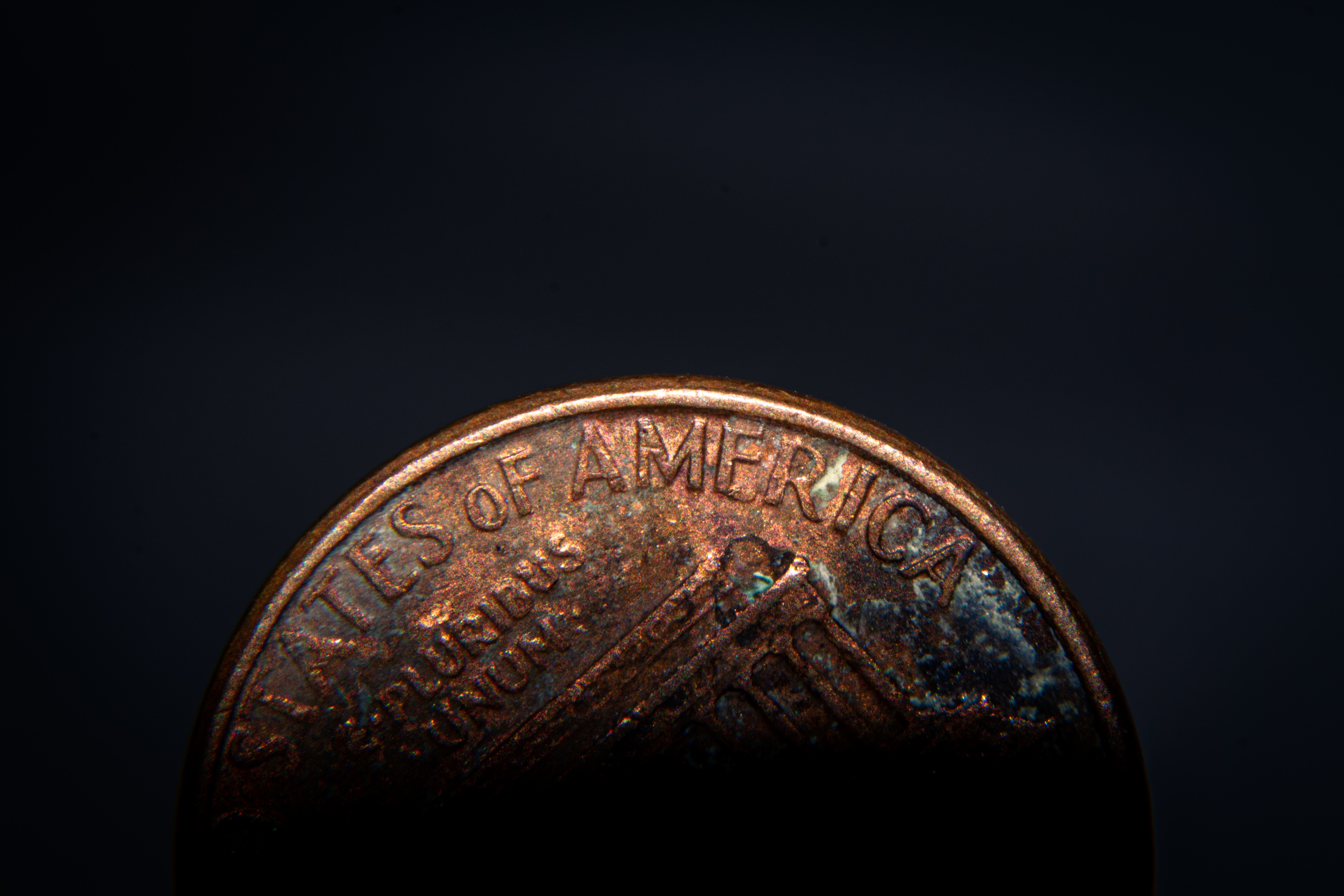Coin Collecting Glossary: Coin Collecting Terms Beginners Should Know
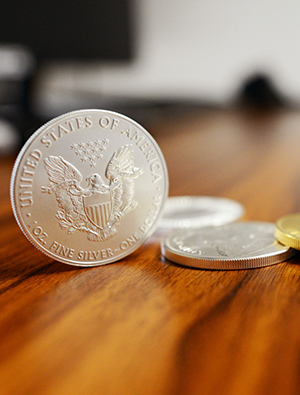
If you’re a new collector, coin terminology can be confusing. Collectors seem to have a language all their own! It’s not “heads”, it’s “obverse.” It’s not “tails”, it’s “reverse.” And everyday descriptors like “raw” or “variety” have specific meanings unique to collecting coins.
But where do you begin? Here are 10 coin collecting terms to help you become a more informed collector.
1. Certified
No glossary of coin collecting terms is complete without “Certified”. A certified coin has been inspected and graded by a third-party grading service. Popular grading services include PCGS and NGC. Coins are graded on a scale of one to 70, with 70 being the highest quality. If you want to ensure authenticity and expert evaluation, look for certified coins when shopping for your collection. If you’re more interested in a coin’s design than whether it’s been graded, you can expand your search to uncertified coins, which haven’t been graded by a third party.
2. Classic
If you enjoy coin collecting because of its connection to history, classic coins are likely among your primary interests. In coin terminology, “Classic” describes U.S. coins minted in the mid-1900s and earlier. While the exact range of years that qualifies a coin as classic varies between collectors, you won’t find newer designs in classic categories. If older coins interest you, Barber Dimes and Liberty Nickels are two popular classic coins you might enjoy.
3. Raw
“Raw” is another coin-collecting term used to describe uncertified coins. They haven’t been graded by a third-party grading service. Many new collectors enjoy collecting raw coins because they can be more affordable and can be stored in albums or tubes — their price doesn’t include the cost of grading and certification.
4. Mint State
“Mint State” is a coin-collecting term used for designating the grade of a coin. Higher-grade business strike coins earn the grade mint state, with a numerical grade in the range of 60-70. Mint state coins tend to be in excellent condition, similar to how they looked when they were released, with limited marks and quality details.
5. Strike
Coins come with various types of surfaces, usually referred to as the “Strike” in coin terminology. The most common strikes are business, proof, and special mint strike (SMS), though burnished and satin finish strikes are also coin-collecting terms that have been used. Business strikes are used for circulation coins. Proof strikes have reflective, mirror-like fields and are usually made for release to collectors. SMS often look much like business strikes, but are made for collectors and have better details.
6. Composition
“Composition” is a coin-collecting term that refers to the metal used to make a coin. Typically each coin is composed of a variety of metals and a coin is described by the metal most used in the coin. For example, dimes, quarters, halves, and dollars minted in the U.S. before 1965 were composed of 90% silver, so they are described as silver coins.
7. Type
While some collectors might collect by mint or designer, others collect by “Type,” particularly due to the high cost and rarity of older coins. A type set usually contains an example of each design in a series. Since many collectible coins have multiple designs in their history, there are numerous type sets you can collect. Bust Silver Dimes or Liberty Seated Silver Dollars are some of the most popular with their appealing designs.
8. Key Date
In coin terminology, “Key Date” refers to the rarest coins to find in a specific set. Their scarcity usually also makes them more valuable than their counterparts. Key dates may have the lowest mintages or it may be that quality examples are difficult to find. For example, key dates in Lincoln cents are 1909-S VDB, 1909-S, 1914-D, and 1931-S.
9. Condition and Grading
The condition or “Grade” of a coin is a huge factor in the coin collecting world, and one of the most critical coin collecting terms you need to know. Because a coin's worth and value is dependent on its condition, a standard grading system has been developed for collectors and dealers. The American Numismatic Association (ANA) has established the standard of grading that evaluates the strike, luster, detail of the date and mint mark, scuffs, hairlines, defects, rim detail, eye appeal, and much more! The grading system is based on a scale of 1 to 70, with a 1 meaning Poor and 70 meaning Mint State. Grading coins is a skill that takes years of practice and viewing a lot of coins.
10. Variety
“Variety” is a coin collecting term that has a unique meaning for coin collectors. NGC defines the meaning of a variety as "a die or die pairing that offers some distinctive feature not a normal part of the design." During the production process of the coin, the die strikes the design onto the planchet. If any variance occurs from the original during that striking process, you have a variety coin! These differences from the die can be significant or not, noticeable or hidden. Varieties include repunching, recutting, double dies and general distinguishing factors. Variety coin collecting has become an exciting niche within the coin community. Popular varieties include the Cherry Pickers' Guide Lincoln Cents or check out the old U.S. Varieties in the Type Coin Varieties section.
Start Your Coin Collecting Journey With L&C Coins
Ready to put the coin collecting terms in our glossary to use? L&C Coins has been serving coin collectors since 1974. We have a thorough knowledge of the coin market, including valuation, designs, and varieties of coins you’re interested in. As certified dealers with PCGS and NGC, we can answer questions about coin value and authenticity according to the latest industry standards. We make buying collectible coins simple, so you can focus on the excitement of building your collection.
Have questions about coins or coin terminology we didn’t answer here? Speak with a coin expert at 1-800-669-0953, or contact us through our online form!



